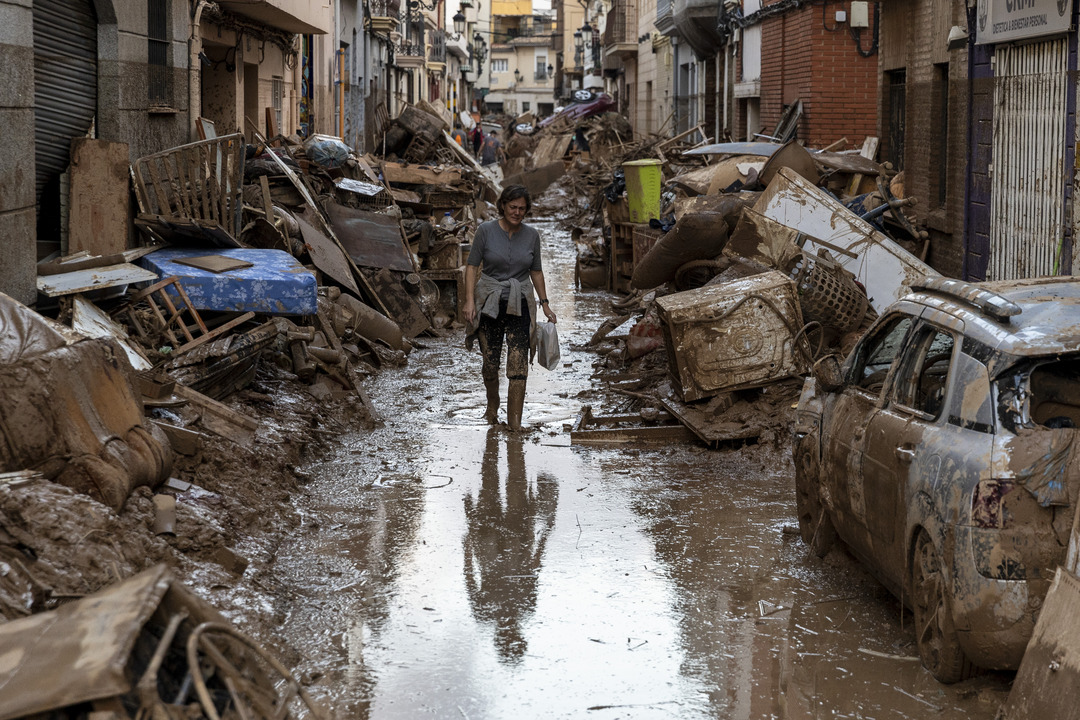In October 2024, Valencia was hit by a weather event known as a DANA, a Spanish acronym for high-altitude isolated depression. The unfolding storm proved to be one of the deadliest in Mediterranean history. Torrential rains and ferocious winds overwhelmed neighborhoods, obliterated infrastructure, and left 225 dead. With economic damages soaring past €18 billion, this catastrophic DANA is the region’s most devastating in half a century. However, labeling such an event a “climate disaster” — as many commentators have done — obscures its true nature. It was not an unavoidable occurrence but rather the result of human-made systems.
Social scientists and geographers have long drawn attention to the political nature of natural disasters. In There’s No Such Thing as a Natural Disaster, Neil Smith argued that disasters don’t emerge from nature alone — they are shaped and amplified by political and economic decisions that dictate which communities and territories are left vulnerable.
In Valencia, decades of real estate speculation, cuts to public infrastructure, and unchecked urbanization have created an environment unable to deal with extreme weather events. These conditions magnify the damage and deepen existing social inequalities. In the aftermath, access to mortgages in affected areas is expected to tighten, as banks shift climate risk onto borrowers in the form of higher premiums.
Three out of every ten homes damaged by the DANA floods were built in flood zones during the housing bubble.
The political handling of the crisis has drawn sharp criticism. Carlos Mazón, president of the Generalitat Valenciana, a political and administrative unit governing the city, has faced scrutiny for his lack of leadership and ineffective…
Auteur: Rubén Martínez

